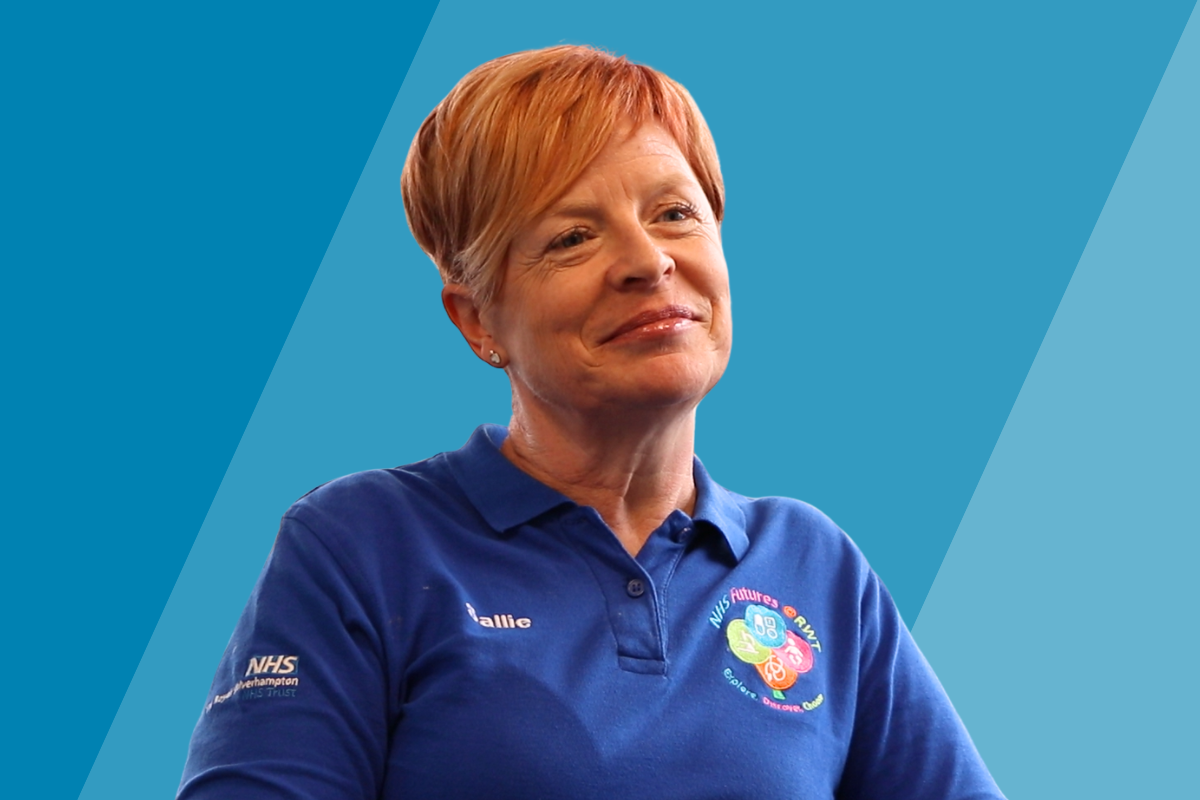Interview by algorithm: The increasing use of AI in recruitment puts young jobseekers on the backfoot

The new “Artificial Intelligence (AI) in the job interview process: Toolkit for employers, careers advisers and hiring platforms” from the Institute for Employment Studies (IES) aims to demystify the rising use of artificial intelligence (AI) during job interviews.
The toolkit, produced in partnership with the University of Sussex Business School, provides careers advisers and employers with crucial information on how to support young people in the context of emerging technologies being used in recruitment and selection processes.
Asynchronous Video Interviews (AVIs) rely on AI-assisted technologies to schedule, track, conduct and even assess interviews. The platform operators promise that using AI will lead to benefits through reducing bias, compensating for flaws in human-led processes, thereby increasing fairness and reducing the challenges of shortlisting the increasing number of applications that employers receive for their vacancies.
Despite these promises, there is little information about how these technologies function often due to confidentially around intellectual property, and most importantly, how they produce recruitment recommendations.
The pandemic has accelerated employers’ use of AI in the recruitment process, a recent Gartner survey of 334 employers revealed that 86 per cent had used virtual interviews to overcome recruitment challenges during the pandemic. With many more people than ever before being interviewed by this method it is often young jobseekers with least experience who are at the greatest disadvantage.
The research focused on understanding jobseekers’ experiences as users of these technologies and is underpinned by in-depth qualitative interviews with young jobseekers and their experiences of being interviewed via AI assisted technology. Strikingly, one of the main findings was that the participants had a poor understanding of how the new interview format worked, and of the technology itself.
The research interviews, which were led by the team at University of Sussex, took place with students engaged in university study who were also looking for work. Reflecting on their experiences of AVIs they expressed discomfort compared to when they were interviewed by people.
Four core themes emerged:

- Feelings of diminished humanity

- Lack of understanding

- Glorification of AI technology

- Feeling emotionally and cognitively exhausted
- Feelings of diminished humanity as jobseekers believed they needed to perform in a rigid way – holding a fixed gaze and an unnatural posture, fixing a smile, speaking with a monotonous voice, and holding their hands still – they felt they had to behave like robots.
- Lack of understanding – jobseekers embraced unnatural behaviours as they believed this would satisfy the AVI ‘bot’. However, candidates often did not know how they were going to be assessed by the AVI – some thought there was face recognition involved, when there was none.
- Glorification of AI technology underpinned by the belief that the AI technology is superior to human decision-making. This meant jobseekers saw their changed behaviour as inevitable in the recruitment experience.
- Feeling emotionally and cognitively exhausted resulting from behaving in the way they believed was necessary for the bot – but which was highly unnatural.
The toolkit provides a series of recommendations and checklists for employers and employment services in addition to both best practice guidance and questions for platform operators.
Job hunting, especially for young jobseekers is a significant undertaking, but having to convince an AI programme that you’re an appropriate candidate for the role requires a different set of interview skills and techniques.
The use of AI in the interview process can be a challenging and off-putting experience for early careerists who lack significant interview experience and are relatively new to the labour market.
At a time where post-pandemic youth employment issues are high on the policy agenda, more consideration needs to be placed on the employment needs of young people and better preparing them for new challenges they may face during recruitment.
Improving employers’ and employment and careers advisors’ understanding of experiences of these recruitment technologies means in turn they can better support and equip jobseekers to prepare for technology-mediated interviews.
Toolkit author Becci Newton, IES Director of Public Policy Research











Responses